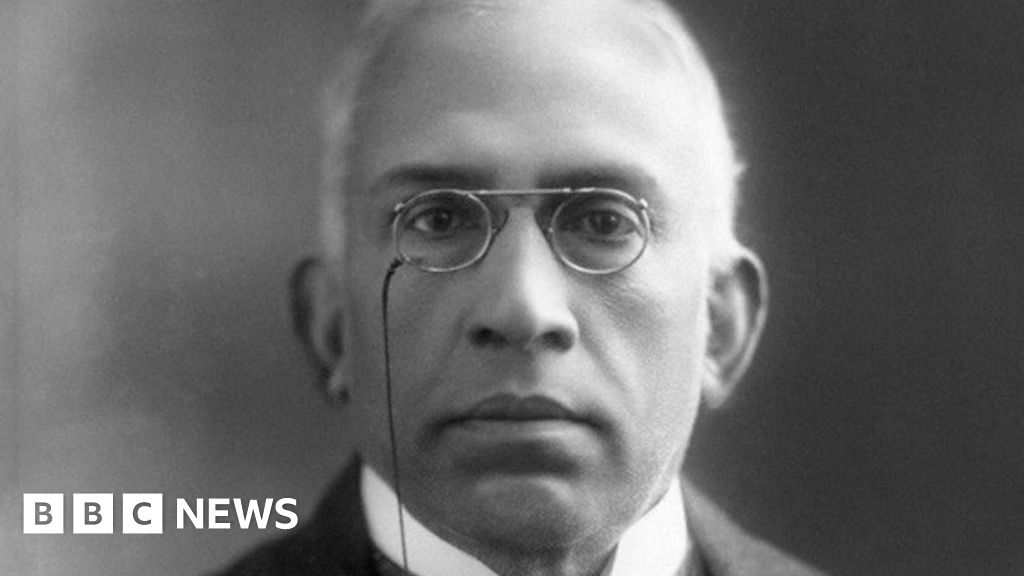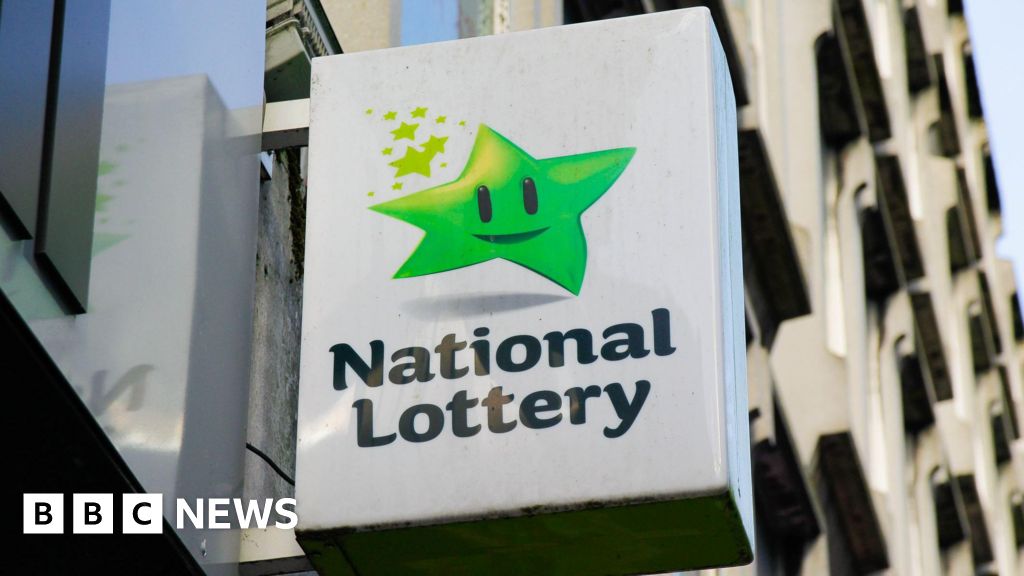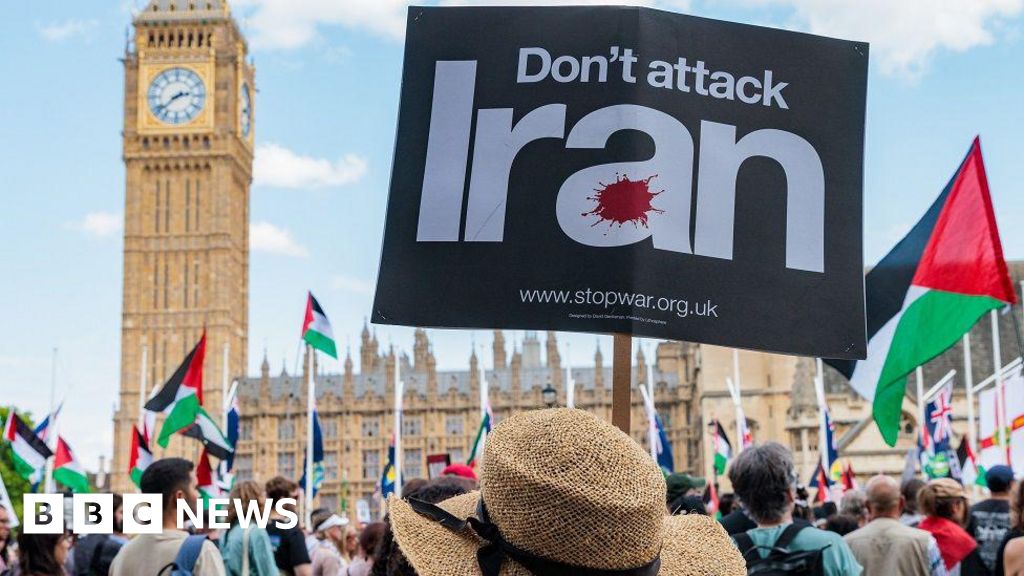New Zealand has paused millions of dollars in funding to the Cook Islands over wide-ranging deals that its smaller Pacific neighbour had made with China.
Wellington, the Cook Islands’ biggest funder, said it was blindsided by the deals that were struck in February, covering infrastructure, tourism, technology and perhaps crucially, deep-sea mineral exploration.
Fresh funding will not be considered until the Cook Islands “takes concrete steps to repair the relationship and restore trust”, said a spokesman for New Zealand Foreign Minister Winston Peters.
The NZ$18.2m ($11m; £8m) funding halt comes as concerns grow among US allies, including New Zealand and Australia, over China’s rise in the Pacific.
“Funding relies on a high trust bilateral relationship,” Peters’ spokesman said on Thursday.
“New Zealand hopes that steps will be taken swiftly to address New Zealand’s concerns so that this support can be resumed as soon as possible,” the spokesperson added.
The Cook Islands responded by saying it was “determined to address [the issue] as a matter of urgency”, adding that it “highly values” New Zealand’s development assistance over the years.
“Constructive dialogue is ongoing, and the Cook Islands remain committed to engaging closely with New Zealand to understand where their concerns lie and how they can be addressed,” its foreign ministry said in a statement.
New Zealand’s latest move also comes as Prime Minister Christopher Luxon is on an official visit to China, where he will meet Chinese President Xi Jinping on Friday.
Peters’ spokesman said he was not worried that Beijing might view the move negatively, noting Wellington’s “special relationship” with the Cook Islands.
The deals with the Cook Islands are part of China’s broader campaign to woo small but strategic Pacific nations. Beijing had earlier signed a security deal it signed with the Solomon Islands in 2022 which alarmed Western nations.
Cook Islands Prime Minister Mark Brown said in February that its deals with China were based on his country’s “long-term interests” and tried to reassure its neighbours Australia and New Zealand that they do not replace their “longstanding relationships”.
China also said the deals were not meant to antagonise anyone in the region
The deals sparked protests on Rarotonga – the largest of the Cook Islands – and a vote of no confidence against Brown in parliament, which he eventually survived.
New Zealand has what is known as a “free association” relationship with the Cook Islands, and helps the latter with defence and foreign affairs. In the last three years, Wellington provided NZ$194m in funding to the Cook Islands, according to government figures.
Cook Islanders also hold New Zealand passports. There are around 15,000 Cook Islanders living in their own nation, but as many as 100,000 live in New Zealand and Australia.
Culturally, Cook Islands Māori, who make up the majority of the population, are also closely related to, but distinct from, New Zealand Māori.
These close ties explain why the Cooks’ first-of-their-kind deals with China led to such strong reactions.
Even before that, however, the Cook Islands had already shown signs of wanting to pull away. Late last year, it abandoned a proposal to introduce its own passport following a public outcry.
Source link














